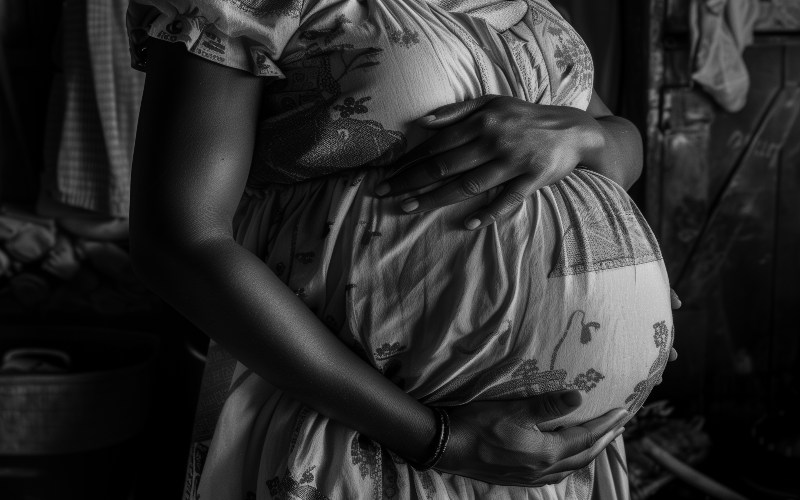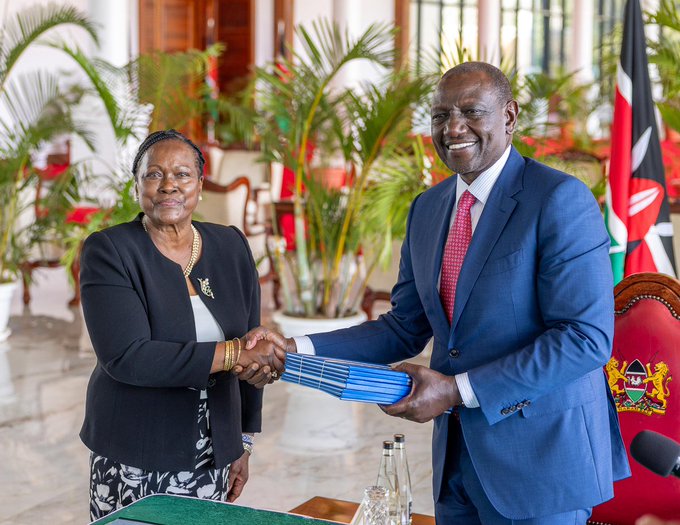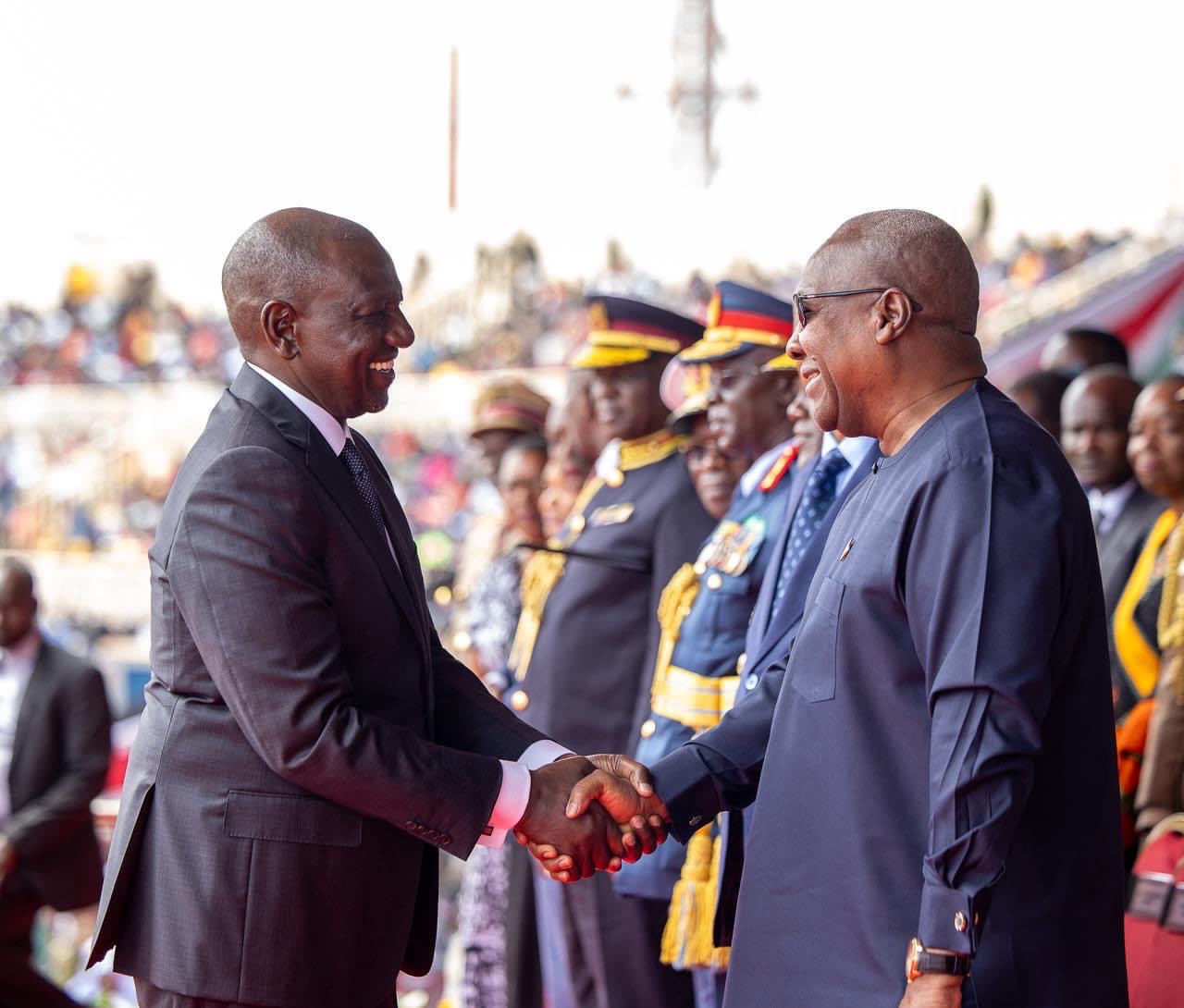State agencies' imports hit record high of Sh89 billion

According to data from the Central Bank of Kenya (CBK), this surge is the highest since June 2017, when the CBK began fully disclosing import figures.
The value of import orders by Kenyan government agencies surged by 48.4 per cent over the past year, reaching a record Sh89.04 billion in the 12 months ending in June 2024.
This increase marks the fastest growth in at least eight years, aligning with the first full year of the current administration.
More To Read
- SMEs sound alarm over rising failure rates amid investment gaps
- Nairobi’s 'pencil man': Ignatius Otieno story of resilience, unique hustle
- Kagwe and Oparanya push for digital coffee auction, target triple production
- Treasury disburses Sh2.6 billion to boost recovery of MSMEs
- Oparanya: Hustler Fund loan defaulters to be locked out of bank, SACCO loans
- Private sector shows signs of recovery, boosted by gains in retail and manufacturing
According to data from the Central Bank of Kenya (CBK), this surge is the highest since June 2017, when the CBK began fully disclosing import figures.
This record-breaking import value reverses the previous year's trend, when state imports dropped by 34.1 per cent to Sh60.02 billion in June 2023, down from the all-time high of Sh91.01 billion recorded in June 2022.
Data from the CBK also reveals that the government's import bill had been on a steady rise since July 2019, but saw a notable decline immediately following the 2022 General Election.
Although the CBK does not specify the exact items imported, commonly procured goods include furniture, stationery, machinery, motor vehicles, textiles, and arms.
Despite policies aimed at reducing import dependency, local suppliers have struggled to meet government demand for domestically manufactured products.
Challenges
In February, the Treasury acknowledged challenges with the "Buy Kenya, Build Kenya" initiative, a policy introduced nearly a decade ago to encourage government agencies to source at least 40 per cent of their consumable products locally.
However, this policy has yet to achieve the targeted procurement levels.
"The challenge [to achieving 40 per cent local content quota in government procurement] is local merchants are providing imported products once given contracts to procure for the government," the Treasury noted in its 2024 Budget Policy Statement.
The State Department for MSME (Micro, Small, and Medium Enterprises) Development has been tasked with enforcing the preferential treatment policy under "Buy Kenya, Build Kenya," ensuring that 40 per cent of government procurement is reserved for locally manufactured goods.
Kenya's manufacturers have raised concerns about domestic suppliers who allegedly present samples of local products during tendering, only to source the items from abroad, particularly India or China, once awarded the contracts.
Meanwhile, Kenya continues to be a net importer, with the country's merchandise trade deficit reaching $9.85 billion (Sh1.3 trillion) in 2023. This was a slight improvement from the previous year when the trade deficit stood at $11.72 billion (Sh1.5 trillion).
Top Stories Today

















































